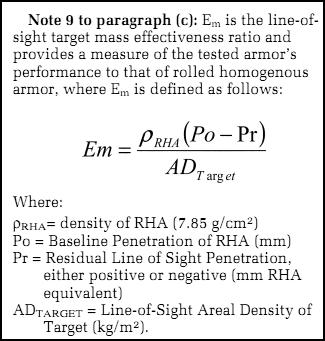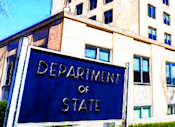 One of the oft-stated goals of the White House’s export control reform initiative is to transform the United States Munitions List (“USML”) to a “positive” list like the Commerce Control List (“CCL”). Instead of squishy category descriptions like “any snark-qualified widget specifically designed, modified or configured for military application,” you would have a positive, easy-to-apply category description like “any snark-qualified widget, n.e.s., with a height-to-width ratio exceeding 16:9, a weight in excess of 2.4 kilograms, and made from teflon, gorilla tape, or travertine stone.”
One of the oft-stated goals of the White House’s export control reform initiative is to transform the United States Munitions List (“USML”) to a “positive” list like the Commerce Control List (“CCL”). Instead of squishy category descriptions like “any snark-qualified widget specifically designed, modified or configured for military application,” you would have a positive, easy-to-apply category description like “any snark-qualified widget, n.e.s., with a height-to-width ratio exceeding 16:9, a weight in excess of 2.4 kilograms, and made from teflon, gorilla tape, or travertine stone.”
Of course, the problem here is that the bright line description, in order not to be overly broad, may need to be so technical that the line is bright only to a highly skilled engineer trained in a particular technology and completely dark and unintelligible to everyone else. Exporters who have struggled with classification under the Commerce Control List are familiar with this phenomenon for high-performance computers, certain digital networking devices and the like.
Now enter the proposed revisions to USML Category VII released last week. In particular, let’s take a look at Category VII(c) which covers vehicle armor. Category VII(c)(7) under the proposed rule would cover “Composite armor with Em > 1.4 and meeting NIJ Level III or better.” Well, that’s a breath of fresh air, you think, something that will be easy to apply by exporters, young and old.
Not so fast there, bucko. You haven’t seen the definition of Em yet:
This is probably the time for me to remind you that there is no crying in export law.

 Posted by
Posted by  Category:
Category: 


 California-based
California-based 
 Yesterday the Department of State’s Directorate of Defense Trade Controls (“DDTC”) updated the
Yesterday the Department of State’s Directorate of Defense Trade Controls (“DDTC”) updated the 

